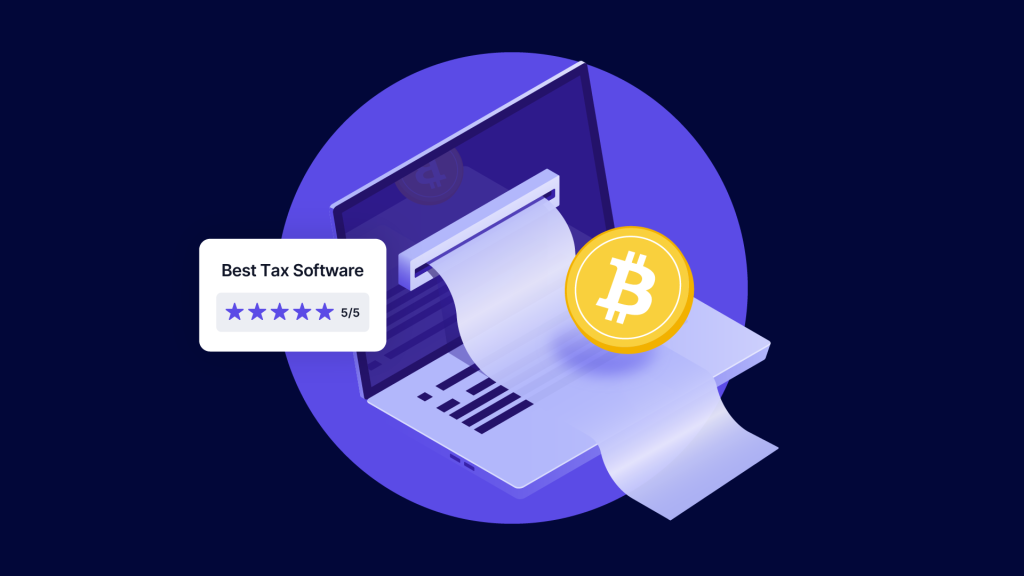Let’s be honest. For many, the thrill of crypto—the dizzying highs, the innovative potential—collides with a dull thud when taxes enter the picture. It feels like trying to file a tax return for a spaceship using rules written for a bicycle.
But here’s the deal: the tax authorities are no longer looking the other way. The IRS and other global revenue services have made crypto a top priority. Getting your accounting and compliance strategy right isn’t just about avoiding penalties; it’s about peace of mind. It’s about being able to sleep at night knowing your digital fortune is on the right side of the law.
The Foundation: How Crypto is Actually Taxed
First things first. In the eyes of the IRS, cryptocurrency is not currency. It’s property. This is a crucial, game-changing distinction. You know how you pay capital gains tax when you sell a stock or a piece of real estate? Well, crypto works the same way.
Every single taxable event creates a potential tax liability. It’s not just when you cash out to dollars. Think of it like this: your crypto portfolio is a collection of individual assets, each with its own cost basis. And every time you trade, spend, or otherwise dispose of one, you’re triggering a tax event.
What Counts as a Taxable Event? (The Usual Suspects)
This is where people get tripped up. It’s more than just selling.
- Selling crypto for fiat (like trading Bitcoin for USD).
- Trading one crypto for another (swapping Ethereum for a new memecoin is a taxable event).
- Using crypto to purchase goods or services (that coffee you bought with Bitcoin? Taxable).
- Earning crypto as income (from staking, mining, or a paycheck).
And The Non-Taxable Ones
Thankfully, not every single action creates a headache.
- Buying crypto with fiat and holding it in your own wallet. No tax here.
- Transferring crypto between wallets you own. Just moving your own assets.
- Making a genuine gift (though there are gift tax rules for large amounts).
Smart Accounting Strategies That Save You Time and Money
Okay, so you have a thousand transactions across five exchanges and three wallets. How on earth do you make sense of it all? This is where strategy comes in. A little organization upfront saves countless hours—and dollars—later.
1. Choosing Your Cost Basis Method
This is, honestly, one of the most powerful levers you can pull. When you sell an asset, you need to determine its original cost to calculate your gain or loss. The IRS allows several methods, but the two big ones are FIFO and Specific Identification.
| FIFO (First-In, First-Out) | The first coins you bought are the first ones you’re deemed to have sold. It’s simple, but it can lead to higher taxes if your earliest coins were purchased at a low price. |
| Specific Identification | This is the gold standard. You specifically identify which coins you’re selling (e.g., “I am selling the 0.5 BTC I bought on May 10th for $30,000”). This gives you maximum control to optimize for tax losses or gains. |
You must choose one method and use it consistently. Specific ID requires meticulous record-keeping, but the tax savings can be significant.
2. The Lifesaving Power of Crypto Tax Software
Trying to do this manually with spreadsheets is like trying to dig a swimming pool with a spoon. It’s a recipe for errors and burnout. Crypto tax software can automatically sync with your exchange accounts and wallets via API, import your transaction history from CSVs, and classify everything for you.
The best part? These platforms calculate your gains and losses using your chosen accounting method and spit out the ready-to-file forms like the IRS Form 8949. It’s a no-brainer for anyone with more than a handful of transactions.
3. Don’t Forget Your Losses: Tax-Loss Harvesting
Markets go down. It happens. But a down market can be a strategic opportunity. Tax-loss harvesting is the practice of selling assets at a loss to offset your capital gains—or even your ordinary income, up to a limit.
Let’s say you made a $5,000 profit selling Ethereum. If you also sell an altcoin at a $5,000 loss, they cancel each other out. Your net capital gain? Zero. Just be wary of the wash-sale rule, which, for now, does not apply to crypto (but that could change, so stay informed).
Advanced Topics and Common Pitfalls
As you go deeper down the rabbit hole, things get… interesting. Here are a few areas that catch even seasoned investors off guard.
DeFi, Staking, and Airdrops: The Gray Areas
Earning yield in a DeFi protocol? Receiving an airdrop? The IRS has started to provide guidance, but it’s still a murky landscape. Generally, if you receive new tokens—whether from staking, an airdrop, or a liquidity pool—that’s ordinary income at the fair market value when you received it.
Its cost basis then becomes that value. And when you later sell or trade it, you’ll have a capital gain or loss. Tracking all of this is a monumental task, making software not just helpful, but essential.
The International Question
Using offshore exchanges or holding assets in foreign wallets? Be careful. The U.S. has stringent reporting requirements for foreign financial assets, like the FBAR (FinCEN 114) and FATCA (Form 8938). The penalties for non-compliance are… severe. Honestly, they can be financially devastating.
Building a Compliant Mindset for the Future
Cryptocurrency tax compliance isn’t a one-time chore. It’s an ongoing process. The landscape is shifting, with new legislation like the Infrastructure Bill’s broker rules looming on the horizon.
The goal isn’t just to file a return. It’s to build a system—a resilient, adaptable framework of record-keeping, strategy, and professional advice that grows with your portfolio. It’s about transforming a source of anxiety into a pillar of your financial foundation. Because in this new digital world, the most valuable asset isn’t just the crypto you hold; it’s the clarity with which you hold it.




